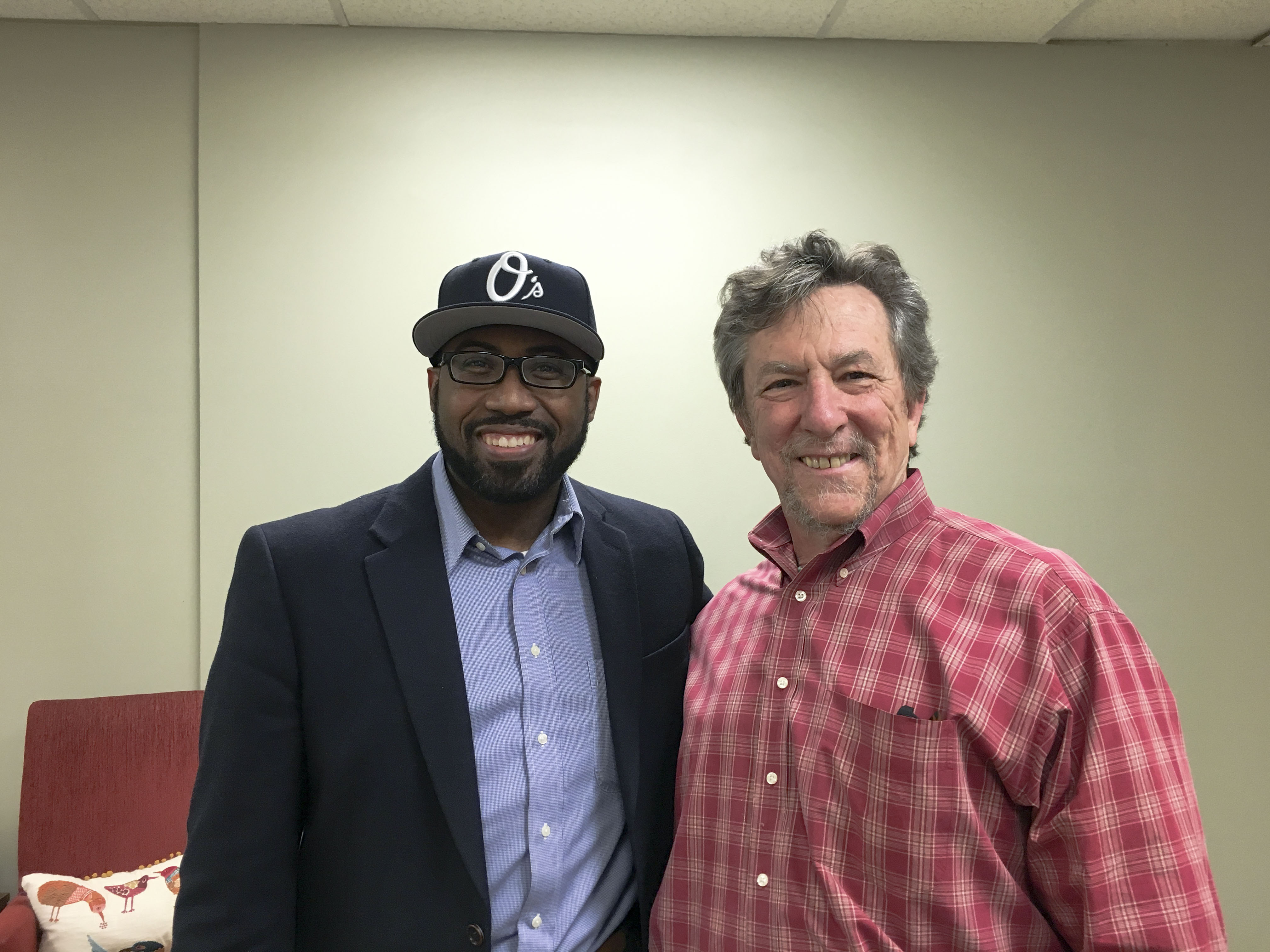 John McCain gave a powerful acceptance speech tonight, devoid of artificial drama and devoid of gimmicks. More on that later.
John McCain gave a powerful acceptance speech tonight, devoid of artificial drama and devoid of gimmicks. More on that later.
Leading up to his speech was a moving tribute by his wife Cindy, a tribute which left no one in doubt about the genuineness of their union and both of their commitments to public service.
Preceding that address was a specific appeal which this critic found tremendously convincing.
Click READ MORE below!
The Senator from South Carolina, Sen. Lindsay Graham, made a clear, unambiguous focus of this convention the one available operational definition of the difference in military policies between John McCain and Barack Obama: the “Surge” in Iraq.
Sen. Graham said simply “The Surge has worked.” He cited Sen. McCain as the politician who led the fight to support Gen. Petraeus and his successful war strategy, while Sen. Obama and the Democrats almost succeeded – and came within 2 votes – in de-funding the war. The Democratic Senator who was the difference, according to Graham? Sen. Joe Lieberman, who has been threatened with political retaliation from his own Democratic Party for criticizing Sen. Obama as callow.
Sen. Graham convincingly argued that the “Surge” was a critical milestone in the war against terror, for its loss, about which Sen. Obama and the Democrats appeared to be sanguine, would have led to an al Qaeda success and the loss of any United States military credibility in the war against terror.
Devastatingly, Sen. Graham referenced the frequent iterations of Sen. Obama of how he “appreciates” the United States military, characterizing such protestations as disingenuous and “playing politics with our national security.”
His conclusion? Sen. Obama is a man who loves his country, but one who just “doesn’t get it.”
The lengthy but memorable acceptance address by Senator John McCain was the last speech of the convention, of course.
His appeal to conservatives already seemingly solidified through his Vice Presidential nominee, Gov. Sarah Palin of Alaska, he seemed to focus on centrists of both parties and independents, a natural historic constituency of his.
Sen. McCain, amid constant – sometimes too interruptingly constant – cheers of “U-S-A;U-S-A,” pledged to be an active President whose primary missions would be to restore fiscal discipline, return prosperity and keep the country safe.
He pledged an honorable-but-tough campaign against a formidable opponent, Sen. Obama, whom he would not demonize, but also from whom he would not shrink from criticizing.
Assuring his audience that he picked the “right partner,” Gov. Palin, perfect in substance, vision and style [but lacking foreign policy credentials and knowledge to deal with the resurgent imperial Russia described to be on his radar during his presidency, as well as the continuing threat of al Qaeda], he pledged to fight prolific spenders, corrupt politicians and promised to make public the names of legislators supporting pork barrel spending. He pledged to stop the hemorrhaging from our treasury monies that go to potential foreign enemies who sell us oil. These arguments may work to, as the Senator implied, expropriate the concept of “change” for the Republican Party.
Sen. McCain’s signature line that he would rather “lose an election than lose a war” was detailed in his support of the “Surge,” a successful military tactic that he claimed believably may lead to an indisputable victory in the Iraq War. The Surge, he argued, as have all major speakers in the Republican Convention, was opposed by Sen. Obama and the Democrats in general and to this day has not been acknowledged as a military success. This was a major reason cited by Sen. McCain of his needed stewardship of the United States military and foreign policy. In a series of rousing rhetorical contrasts of public policy differences, Sen. McCain crystallized the powerful differences between Sen. Obama and hinself.
Sen. McCain reassured the country that he “hates war” because he has experienced war, and he took us through some of his experience as a P.O.W. to show the power of fellowship.
He ended his speech with a powerful crescendo of “Fight,” “Fight” and “Fight” for America…
When the ethos of the speaker is consistent with the message, a long speech does not disappoint; it energizes, and the convention hall and presumably most Republicans and maybe even most Reagan Democrats who witnessed this powerful address were excited by the rhetoric of “change,” the \Republican\ rhetoric of change.
Professor Richard E. Vatz teaches Political Rhetoric at Towson University




